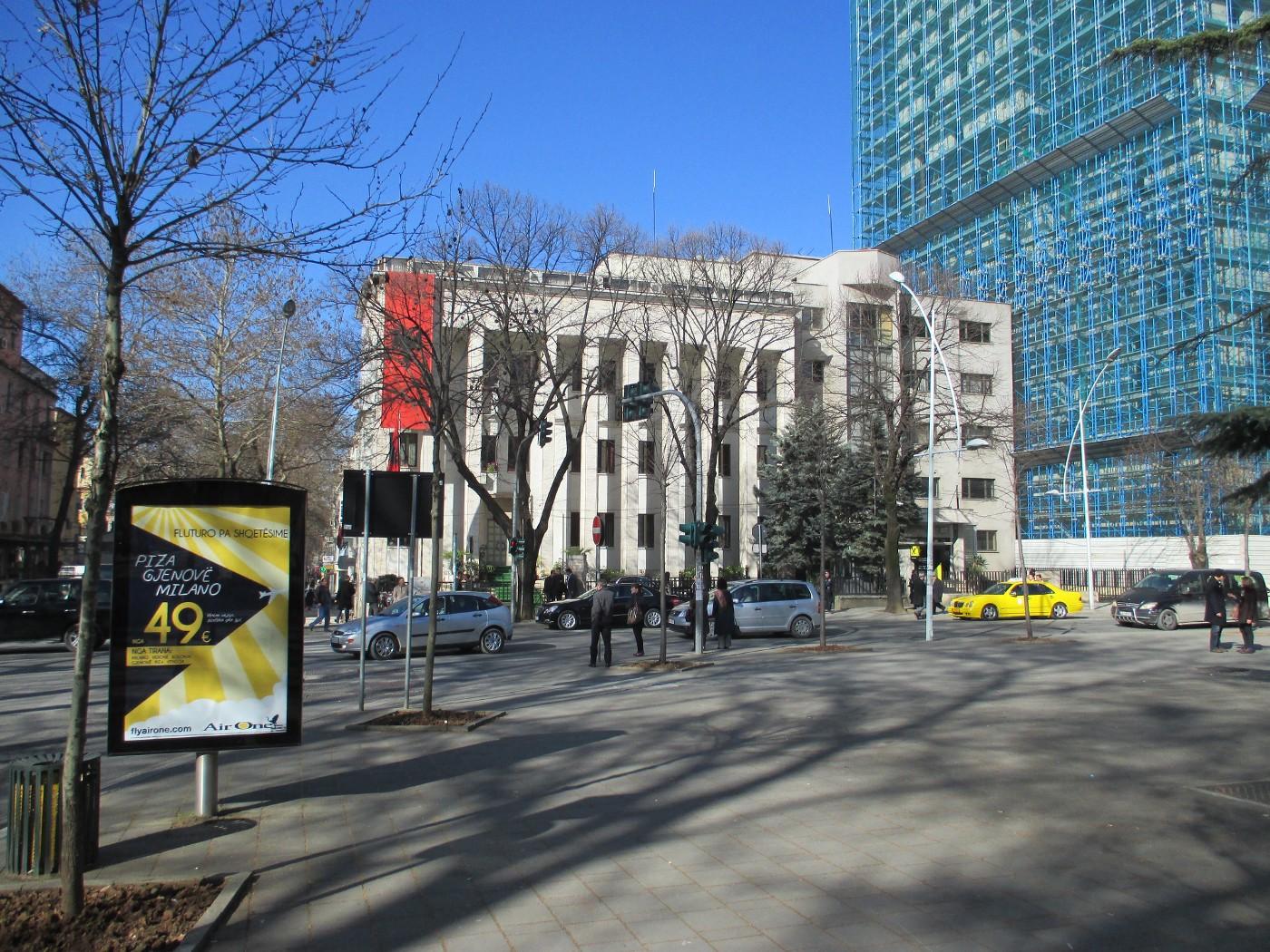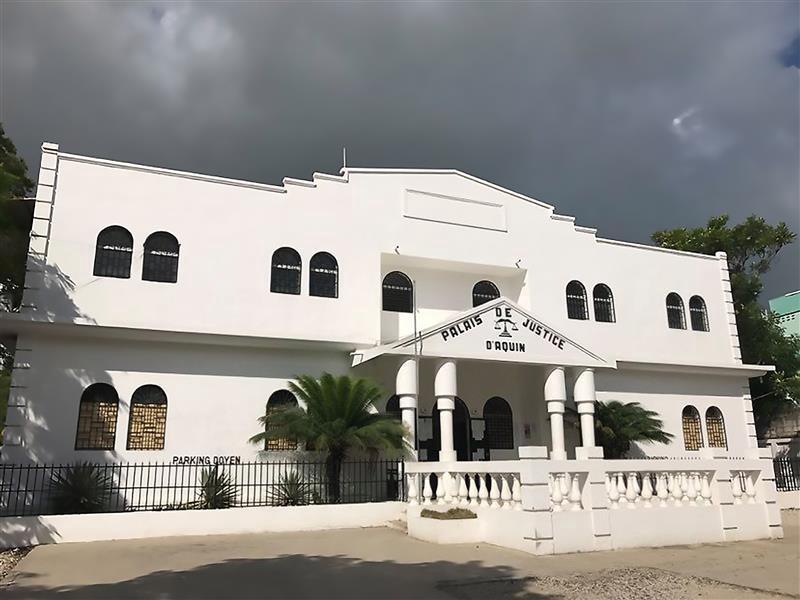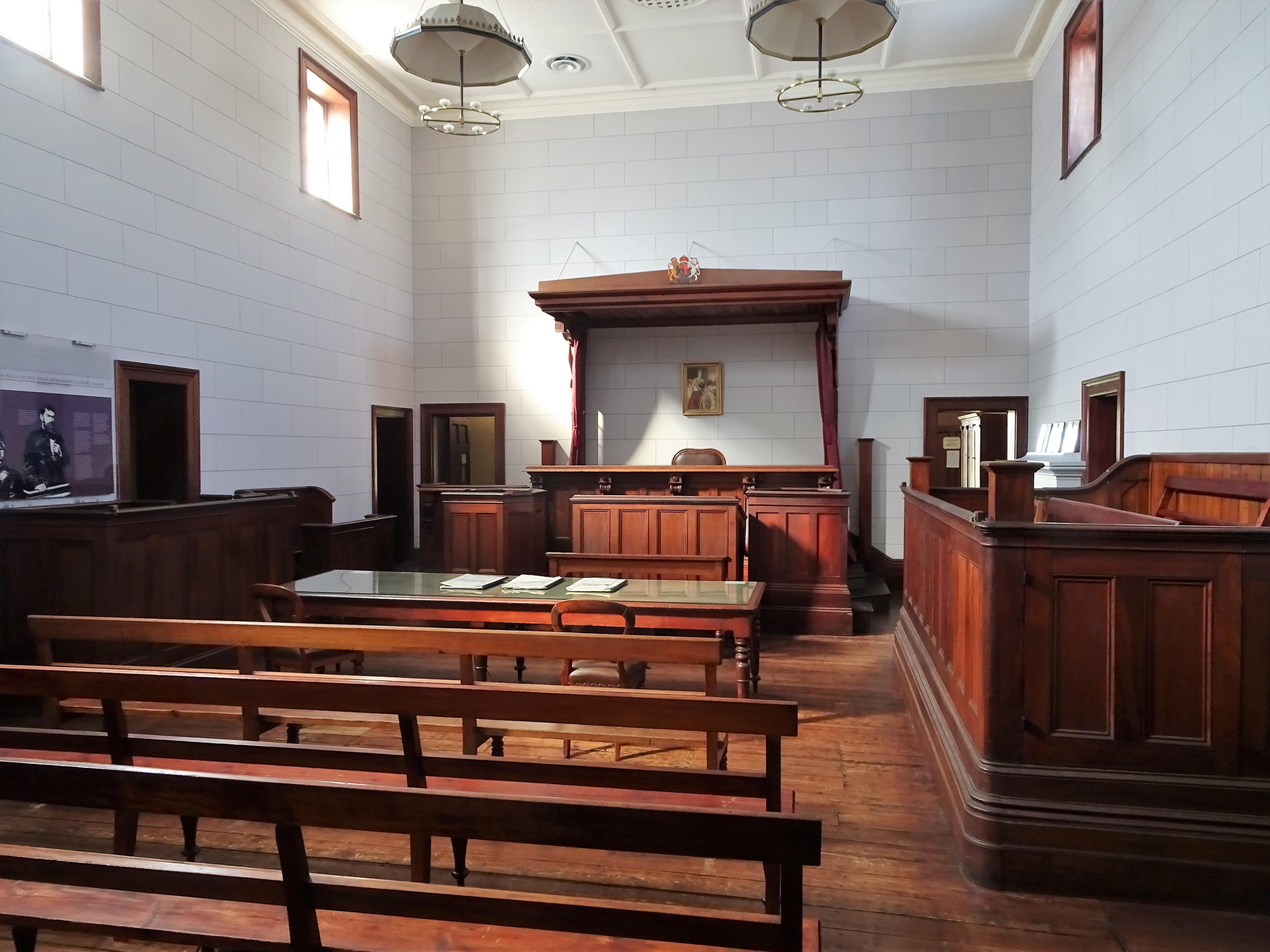Blog
Judicial vetting: a key policy tool to fight corruption in Albania

The following represents the author’s personal views and opinion
In 2015, a Group of High-Level Experts, composed of the European Union (EU), United States (US), and other international and local experts, submitted the so-called ‘Analysis of the Justice System in Albania’ to Albania’s Ad Hoc Parliamentary Committee of Justice Reform. The analysis report found that there were high levels of corruption among judges and prosecutors, along with undue influence of politics on the judiciary. The report also noted an absence of clear mechanisms of accountability and control, low levels of professionalism among judges and prosecutors, and lack of a clear division of governing powers between different bodies within the judiciary. The Group of High-Level Experts subsequently proposed to Albania a Strategy on Justice System Reform. This aimed to address the problems identified in the analysis document.
This blog takes a look at one of the key policy tools recommended in the Strategy to fight corruption among judges and prosecutors — judicial vetting.
Vetting is appropriate and necessary
The European Commission for Democracy Through Law (‘the Venice Commission’) suggested to Albania that a radical accountability measure, such as the judicial vetting, would be ill-advised in normal conditions, as it could undermine judicial independence. However, given the perceived high levels of judicial corruption, the Venice Commission considered judicial vetting could be appropriate. Nonetheless, the Commission recommended that it was crucial that measures be taken by the Albanian state to guarantee independence, objectivity, temporariness, due process of law, and the application of international principles on human rights throughout the vetting process.
In my opinion, there can be no judicial independence without accountability. Hence, judicial vetting was necessary in Albania under the circumstances that existed in the country at the time the measure was proposed.
The vetting process
The judicial vetting commenced operation in late 2017. It comprises three pillars of assessment for all Albania’s judges and prosecutors: an appraisal of assets, background, and proficiency. Approximately 800 judges, prosecutors, and several Constitutional and High Court legal advisers will all have to go through the vetting process if they are to continue to serve in their offices.
The Constitution of Albania envisages that the vetting process will be completed in five years (i.e. by 2022) in the first instance by the Independent Qualification Commission (IQC). And then in nine years in the second instance (i.e. by 2026) by the Appeal Chamber (AC). IQC conducts an independent investigation of each magistrate on the assessment criteria and makes a decision. This decision may be appealed at the AC by the magistrate or by a Public Commissionaire, who represents the interests of the public in the vetting process. After hearing the case at the second instance, the Appeal Chamber at the Constitutional Court may confirm, modify, or overrule the IQC decision.
The envisaged deadline of 2022 will be difficult for the IQC to meet. As at October 2020, it had decided fewer than 40% of the cases in the first instance. Then of course the COVID-19 pandemic is expected to create additional delays — due to lockdowns of the vetting bodies, as well as other public and private institutions.
The vetting process is being carried out with the close support and oversight of the International Monitoring Operation (IMO), which is an institution led by the European Commission. The IMO has been established under the Albanian Constitution as a separate body, with the mandate to support and monitor the vetting process.
Vetting results to date
The number of dismissals and terminations from the vetting bodies to date indicate that the perceived high level of judicial corruption was correct. By the time of the European Commission’s 2020 Report on Albania, published in October 2020, the first instance IQC had dismissed 117 magistrates. This was mostly because of problems with assets assessment, such as false or inaccurate disclosure of assets, lack of legitimate financial sources to justify assets, and hiding of wealth. For 62 magistrates, IQC terminated the vetting process. This was mainly due to the magistrates in question resigning, often after they received the results of the investigation. In the cases of two magistrates, IQC decided to temporarily suspend them from office until after they attended training at the Albanian School of Magistrates. As at the time of the European Commission’s 2020 Report, the IQC had also confirmed in office 105 magistrates — this was only 36.7% of the vetted magistrates. The Appeal Chamber had overturned several IQC confirmation decisions, thus increasing the total number of dismissed magistrates.
As a result of the high number of dismissals and terminations, a new problem is the recruitment of the new magistrates. This means that it is important for domestic institutions to better plan for recruitment, in close cooperation with the Albanian School of Magistrates.
Recommendations to complete vetting
It is my opinion that the judicial vetting in Albania must continue until the completion of the re-evaluation of all the judges and prosecutors. Yet the Albanian Constitution provides that the IQC’s mandate will terminate in five years from the commencement of its operation. According to the Constitution, the remaining un-vetted magistrates will have to be vetted by the judicial and prosecutorial councils.
I would like to argue here that, in order to avoid double standards, the mandate of the IQC must be extended until all the magistrates are vetted. Another reason for this is that the Constitution and Vetting Law do not specifically regulate the oversight of the vetting process by the International Monitoring Operation beyond the vetting bodies of IQC and AC. However, the IQC must provide a clear schedule for the completion of all the remaining vetting cases in the first instance before the possible extension.
I also believe the vetting process at first instance can be speeded up by IQC streamlining its procedures, setting clear timelines for cases, and unifying its decision-making on similar issues. The IQC should also carefully consider the instructing decisions of the Appeal Chamber.
The right to a fair trial must be upheld at all points during the vetting process, in accordance with the European Convention of Human Rights. Institutional relations with other public and private parties must also be better coordinated and regulated in cases where the vetting institutions require them to take action. This could be because of deliberate delays, or attempts to hide the truth or fabricate evidence.
I would also recommend that the IMO and other international partners should continue to seek transparency and unification in decision-making — but with domestic institutions continuing to perform the vetting. Albania’s vetting bodies must duly take into consideration the upcoming decisions of the European Court of Human Rights and its reasoning regarding judicial vetting cases. This would be especially with respect to the right to a fair trial.
Meanwhile, civil society organisations (CSOs) must continue their essential role, by following and monitoring the vetting process and reviewing vetting decisions (see, for example, the Albanian Helsinki Committee and Balkan Investigative Reporting Network in Albania). The CSOs’ focus must persist, despite the fact that the judicial vetting is entering its fourth year.
Judicial vetting cannot be the only policy tool to fight judicial corruption. Other public institutions must continue to diligently perform their roles. These include the High Inspectorate of Declaration and Audit of Assets and Conflict of Interests, the Albanian Financial Intelligence Unit, the High Justice Inspector, and the Special Anti-Corruption Structure.
Finally, it is crucial that vetting dismissals or terminations should be followed by criminal proceedings in cases where there are clear indications and evidence of corruption and money laundering.
Disclaimer
All views in this text are the author(s)’, and may differ from the U4 partner agencies’ policies.
This work is licenced under a Creative Commons Attribution-NonCommercial-NoDerivatives 4.0 International licence (CC BY-NC-ND 4.0)

